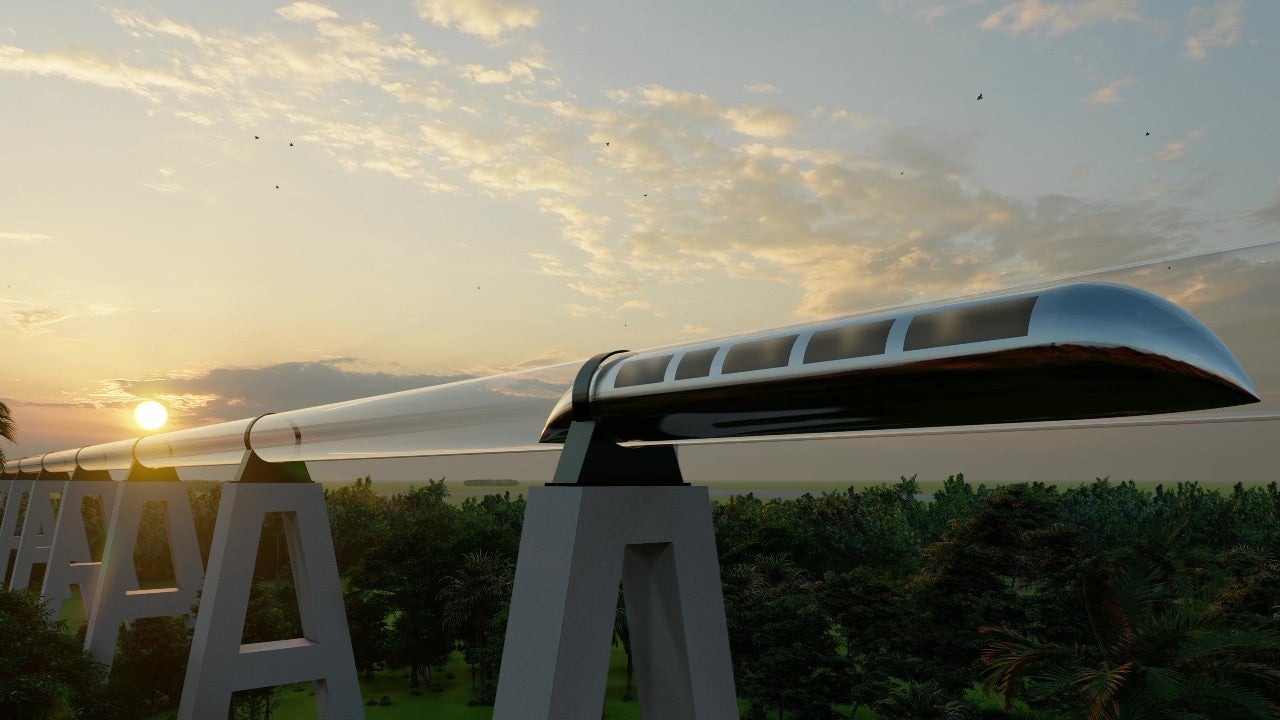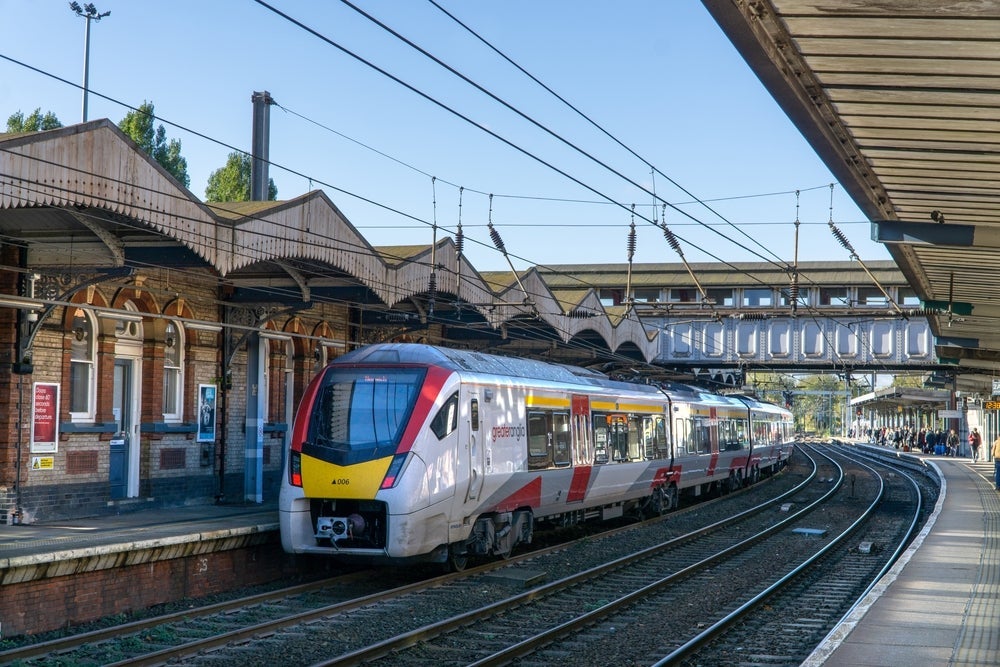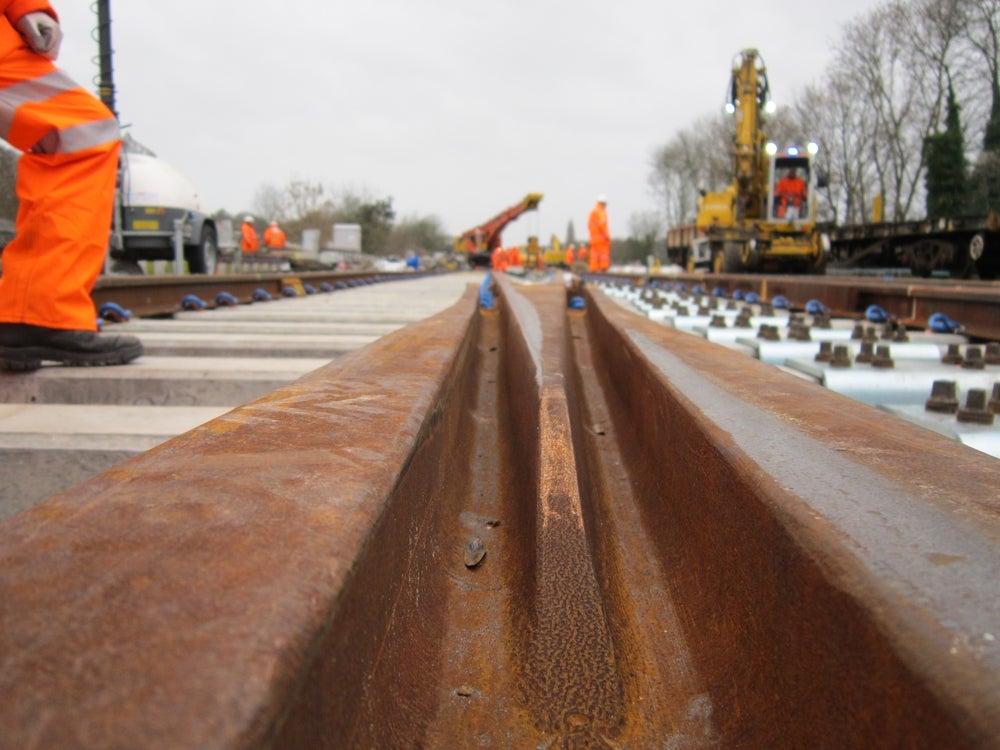With high speeds potentially reaching up to 700mph on the ground, Hyperloop technology will revolutionise the way passengers travel forever and will severely disrupt competing industries many years in the future.
Hyperloop travel, which witnessed its first significant development in 2013 with Elon Musk’s white paper, continues to receive investment and innovation from multi-billion-dollar companies. Virgin has become a leader in the field, having tested the first-ever human hyperloop in November 2020. The first passenger tube is estimated to become fully operational by 2030, with the Pune-Mumbai infrastructure project being the front-runner for the grand opening.
Hyperloop meets demand for faster and more sustainable travel
Research shows that travellers want both convenience and to protect the environment. According to GlobalData’s Q1 2021 consumer survey, 76% of respondents said they were either ‘always,’ ‘often,’ or ‘somewhat’ influenced by how environmentally friendly a product is. Additionally, a further 61% of respondents from GlobalData’s 2019 tourism consumer survey said that they seek out travel products that save time. However, under the current travel industry climate, it is not feasible. Rail transport is significantly slower than air transportation but much cleaner. However, air travel, despite being much quicker, has a devastating impact on the environment. Hyperloop transportation will threaten to break that barrier in the future as it can offer a cleaner and faster alternative.
The hyperloop concept involves passenger pods travelling through pressurised tubes using an electric propulsion and magnetic levitation. The propulsion, lack of air pressure and levitation, results in the pod tackling very little resistance allowing it to reach extremely high speeds using little energy. Speeds of up to 700mph have been theorised, with engineers concluding that it is very much within current technological capabilities over the next five to ten years. With many countries such as the UK, Japan and China pledging to achieve net-zero emissions by 2050, Hyperloop travel offers a feasible alternative to domestic air travel.
The heightened connectivity between destinations that Hyperloop can offer will increase domestic tourism within nations, international travel may also be possible several years on from 2030 as links develop and private investment increases. Ultimately, this will cause further disruption to air and rail travel companies. Should the speeds eventually reach the theorised 700mph mark, trips from Liverpool to Manchester could take up to eight minutes, 45 minutes from Los Angeles to San Francisco and Hong Kong to Shanghai in less than 2.5 hours, highlighting Hyperloop’s potential revolutionary impact on transportation.
Commercialisation highlights the potential of Hyperloop technology
It is important to note that there is a long way to go before hyperloop travel can challenge air and rail transport, with development costs and construction acting as a cause for concern. However, investment from multi-national commercial enterprises to develop the technology cannot be ignored.
How well do you really know your competitors?
Access the most comprehensive Company Profiles on the market, powered by GlobalData. Save hours of research. Gain competitive edge.

Thank you!
Your download email will arrive shortly
Not ready to buy yet? Download a free sample
We are confident about the unique quality of our Company Profiles. However, we want you to make the most beneficial decision for your business, so we offer a free sample that you can download by submitting the below form
By GlobalDataWith many organisations and governments under pressure to look for new sustainable ways to travel and reduce emissions, hyperloop travel offers a viable long-term solution. Furthermore, the model for transport in tourism is currently unsustainable, creating an urgent need for a cleaner and more efficient ways to travel. Typical forms of passenger transportation such as air and rail are struggling to meet this demand. Therefore, operators of these companies must view Hyperloop as a legitimate disruptor for the future.








